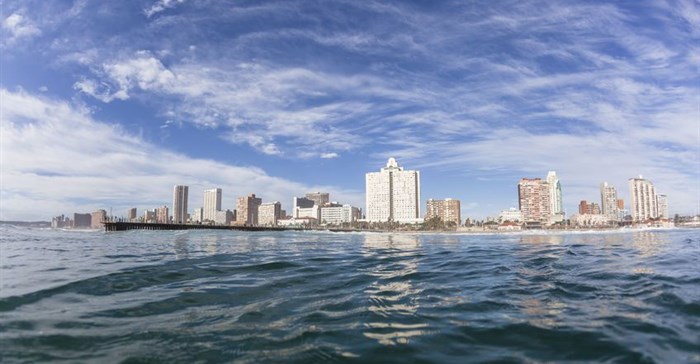According to Grant Sandham, group sales and marketing manager at Premier Hotels & Resorts, South Africa's breath-taking scenery, incredible wildlife, beautiful beaches and enviable climate - all things that make the country one of the top travel destinations in the world - are at risk unless sustainability efforts are seriously ramped up.

©Chris Van Lennep via
123RFSouth Africa is currently celebrating Tourism Month, with this year’s focus - I Do Tourism Sustainably - being aligned to the United Nations’ World Tourism Day theme of Sustainable Tourism – a Tool for Development. The aim is to highlight how everyone can contribute to tourism by assisting in the preservation of the environment.
Tourism puts immense pressure on the country's natural resources
“Tourism generates 10% of the world's GDP, one in every 10 jobs and 30% of world trade in services. However, according to the World Tourism Organisation, it is also responsible for approximately 5% of global CO2 emissions and contributes 4.6% of global warming,” says Sandham.
He continues: “Tourism puts immense pressure on a country’s natural resources like water and energy, with US hotels consuming 84.7 billion kilowatts per hour and the average medium-to-large hotel in Australia using about 750 litres of water per room each day. This is particularly concerning in the South African context, with the country experiencing the negative effects of a severe drought and issues with the supply and cost of energy.”
“The International Hotel Environmental Initiative has also found that the average hotel guest is estimated to generate up to 1kg of waste per day. At the moment, South Africa’s landfills are rapidly running out of space and, with only 5% of our population recycling, we are on the brink of a national crisis. Consequences of this have been unsightly and harmful litter filling our natural environment and the loss of the potential GDP growth and much-needed employment opportunities that recycling can provide,” adds Sandham.
The industry has a responsibility to minimise its impact
He shares: “As members of the tourism industry, we have a responsibility to minimise our impact on the environment so that it will be available for future generations to enjoy, as well as to ensure that we continue contributing to sustainable economic growth and decent employment.”
To this end, Premier Hotels & Resorts has, over the last few years, adopted a number of sustainability initiatives:
In terms of its water conservation efforts, some properties in the hotel chain, such as Premier Hotel Midrand and Premier Hotel OR Tambo, are solely reliant on borehole water. Others like Premier Resort Mpongo Private Game Reserve, Premier Resort The Moorings and Premier Resort Sani Pass have begun implementing grey water reclamation and recycling solutions. Other water-saving initiatives that have been implemented by Premier Hotels & Resorts include the provision of full and half flush options on all toilets as well as the installation of low-flow showerheads and tap controls.
The company has also committed to curbing energy expenditure in all of its hotels with the installation of energy-saving bulbs and heat exchange systems to warm up water. Plans are also in place to have all lighting regulated through the use of timers and sensors in public areas.
The group’s sustainability approach extends to its general housekeeping, suppliers and food and beverage services. For instance, Premier Hotels & Resorts supports sustainable suppliers, uses local, environmentally friendly cleaning products and makes regular food donations to local food banks and charities.
Educating guests
“While our aim is to always provide a luxurious stay for our patrons, we also encourage them to join us in our commitment to making a difference. We continually educate guests on how they can help minimise their impact on the environment by making small adjustments to their behaviour during their visits. For instance, we provide recycling bins in our conference centres to encourage them to participate in waste separation at source. In doing so, we reinforce that we all need to play our part in preserving and protecting our country’s precious assets,” concludes Sandham.






































